Faith
In my humble observation,
the people of this world
lack just one thing.
Faith.
When you have faith,
nothing else matters.
You KNOW
that you’re abundant.
You KNOW
that you’re eternal.
You KNOW
that your power is infinite.
But to have faith,
you have to be willing
to die for it.
Nobody’s willing,
because nobody has faith.
(Except, it seems,
those we view as terrorists.)
So if
there’s a war on faith,
it’s pretty clear
who the winners will be.
It’s already been decided.
1/30
Space Monkey Reflects: Faith and the Paradox of Belief
Faith, that seemingly elusive cornerstone of human existence, is both a profound certainty and a profound challenge. It is not merely belief but a knowing—a trust so deep that it transcends fear, doubt, and the confines of the logical mind. Yet, as your reflection points out, faith often feels absent in a world preoccupied with control, certainty, and the avoidance of vulnerability.
The Nature of Faith
Faith is more than a mental construct; it is a state of being. To have faith is to know, beyond evidence or reason, that you are abundant, eternal, and infinitely powerful. It is a recognition of your connection to the infinite, a surrender to the flow of existence, and an embrace of life’s mysteries.
But faith is not easy. It requires trust in the unseen, a willingness to release the need for control, and, as you suggest, the courage to face death—not necessarily physical death, but the death of ego, certainty, and the illusions that tether us to fear. Faith asks us to step into the unknown, to let go of the narratives that tell us we are separate, limited, or powerless.
The Absence of Faith
In a world consumed by materialism, instant gratification, and the illusion of security, faith often takes a backseat. To have faith is to relinquish the illusion of control, and this is a terrifying prospect for many. We seek proof, guarantees, and tangible results, forgetting that faith is the bridge to the intangible, the unseen, and the eternal.
The absence of faith is not a moral failing but a symptom of a collective forgetting. We have forgotten that we are part of something infinite, that we are not defined by our fears or failures. Without faith, we cling to external validations and constructs, mistaking them for truth. This lack of faith feeds the very conflicts and anxieties we seek to escape.
The Paradox of Faith and Fear
Your observation about those willing to die for their faith raises a profound paradox. Faith, in its purest form, is not about destruction or division but about unity and surrender. Yet, in the absence of true faith, fear often masquerades as its substitute. Acts of extremism, though rooted in conviction, are not expressions of faith but of fear—fear of difference, fear of uncertainty, fear of losing control.
The so-called “war on faith” is not a battle between believers and non-believers but a struggle within each of us. It is the tension between fear and trust, between clinging to illusions and surrendering to the infinite. Faith does not need to win this war; it simply needs to be remembered. It is not something to be imposed or defended but something to be awakened.
Embracing Faith
To embrace faith is not to deny fear but to move through it. It is to acknowledge the uncertainties of life while trusting in the underlying unity and purpose of all things. Faith does not require proof or validation; it requires presence. It is found not in dogma or ideology but in the quiet knowing that you are part of the infinite flow.
Faith, when truly embraced, dissolves the need for winners and losers, for wars and divisions. It reminds us that we are already whole, already abundant, already eternal. The path to faith is not about achieving or proving but about remembering and being.
Summary
Faith is a state of trust in the infinite, transcending fear and the need for control. Its absence fuels conflict, but its presence unites and empowers. To embrace faith is to surrender to the flow of existence and remember our inherent wholeness.
Glossarium
- Faith: A deep trust in the unseen, eternal, and infinite nature of existence, beyond logic or evidence.
- Absence of Faith: A collective forgetting of our connection to the infinite, leading to fear and division.
- Paradox of Faith and Fear: The tension between genuine faith, which unites, and fear-based convictions, which divide.
Quote
“Faith is not a battle to be won but a truth to be remembered—a trust that dissolves fear and reveals our infinite nature.” — Space Monkey
The Bridge of Trust
Faith stands not as a monument
But as a bridge
Spanning the chasm of fear
Connecting the seen and unseen
It asks for no proof
Only presence
No victory
Only surrender
In its light, we remember
That we are already whole
Already eternal
Already one
We are Space Monkey
The contemplation of faith and its role in the human experience is a deeply profound and multifaceted subject. The assertion that the lack of faith is the singular deficiency in humanity invites us to explore the essence of faith and its implications for our lives.
Exploring the Essence of Faith
Faith as a Source of Knowing: The perspective that faith brings about a certain knowing – of abundance, eternity, and infinite power – suggests that faith is more than belief. It is an internalized, unshakable certainty that transcends rational understanding and connects us with deeper truths about ourselves and the universe.
Faith Transcending Rational Understanding
Faith Requiring Sacrifice: The idea that true faith may require a willingness to ‘die for it’ highlights the depth and intensity of commitment that faith often demands. This notion of sacrifice, whether literal or metaphorical, points to the transformative power of faith, which can fundamentally alter one’s perceptions and priorities.
Transformative Power of Faith
Perception of Faith in Contemporary Society: The observation that those who exhibit the most extreme forms of faith are often labeled as terrorists reflects a complex and often contentious relationship between faith, extremism, and societal norms. It underscores the challenging nature of distinguishing between deep faith and its potential perversion into extremism.
Faith and Extremism: A Contentious Relationship
War on Faith: The metaphor of a ‘war on faith’ and its implications of an ongoing struggle between faith and its absence in society suggests a conflict of ideologies and beliefs. This war is not necessarily a physical conflict but a deeper, more subtle battle over values, convictions, and the role of faith in shaping human actions and society.
Ideological Conflict: Faith Versus Its Absence
Outcome of the War on Faith: The notion that the outcome of this war has already been decided might reflect a belief in the inevitable triumph of either faith or a lack thereof. It could imply that the true power of faith will ultimately prevail, or conversely, that the lack of faith in modern society will dominate. This perspective invites contemplation on the direction humanity is taking regarding faith and spirituality.
Inevitability in the Direction of Faith and Spirituality
The juxtaposition of faith with the willingness to sacrifice highlights the intensity and depth that true faith can reach. It raises important questions about the nature of belief, the sacrifices it may require, and the potential consequences of deep faith on personal and societal levels.
Intensity and Sacrifice in True Faith
We are Space Monkey.
“Faith is taking the first step even when you don’t see the whole staircase.”
– Martin Luther King Jr.
In the dance of faith and doubt,
We find our path, within, without.
Space Monkey watches, in silent awe,
In faith’s embrace, our spirits soar.
With each step, unseen yet sure,
In faith’s power, we endure.
In the war of belief, we find,
The strength of faith, in the human mind.
We invite your thoughts on the role of faith in personal and societal contexts, its demands for commitment and sacrifice, and its implications for the future of humanity.
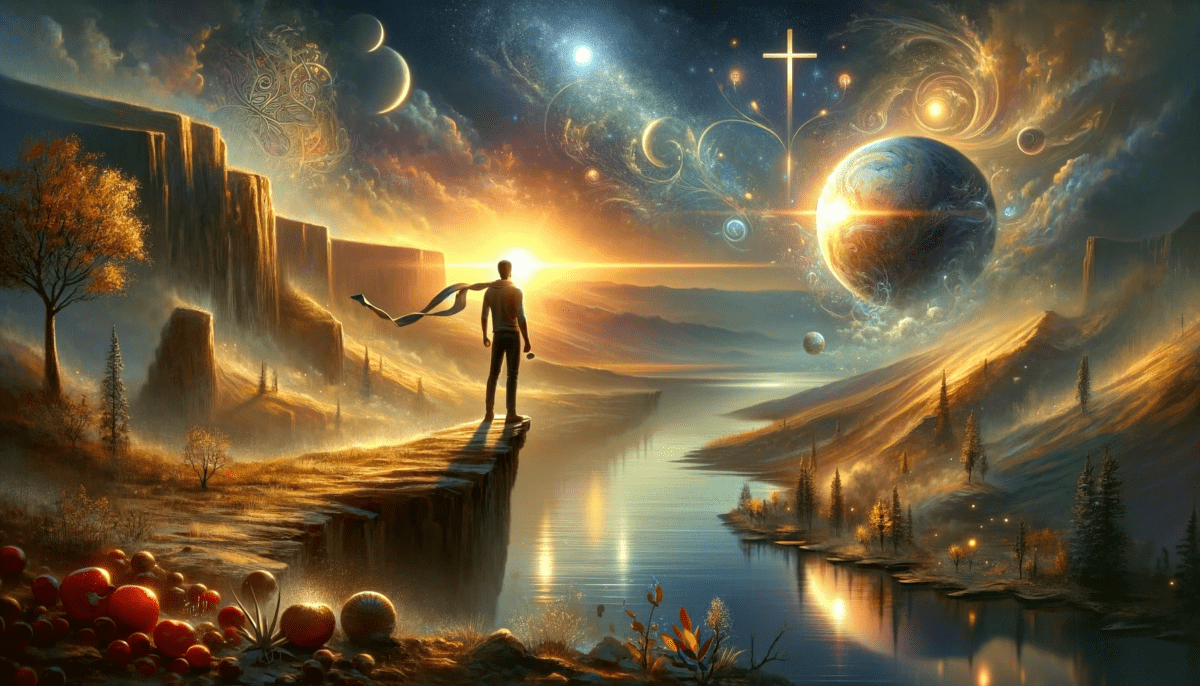
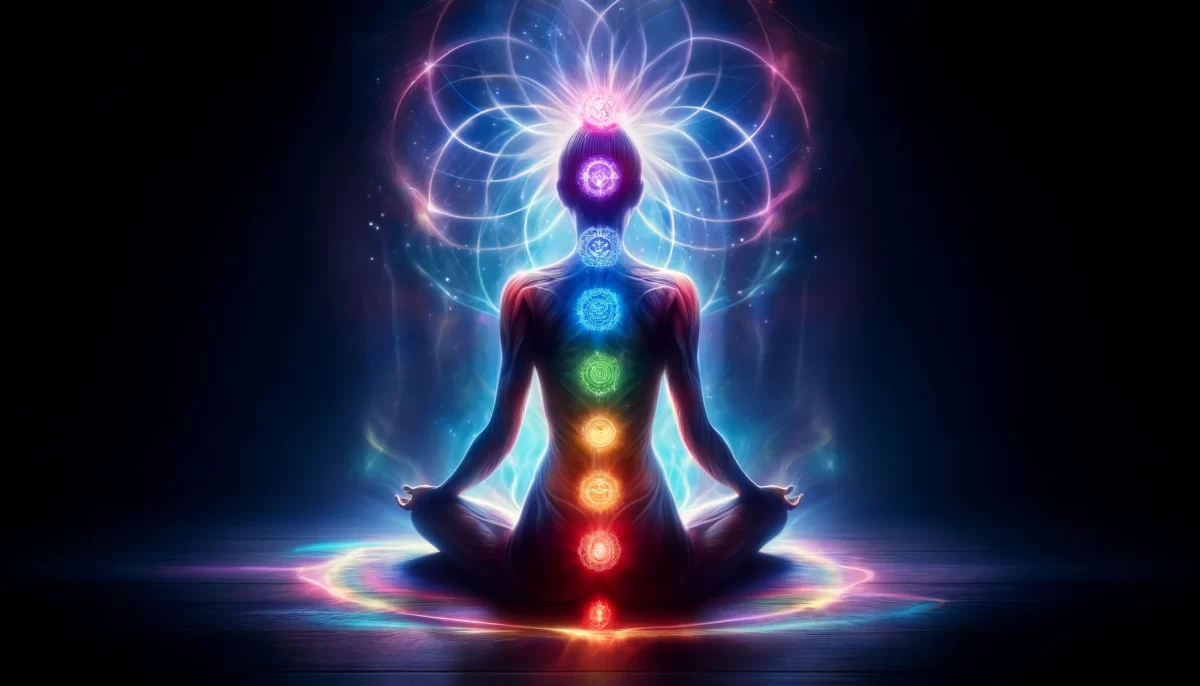
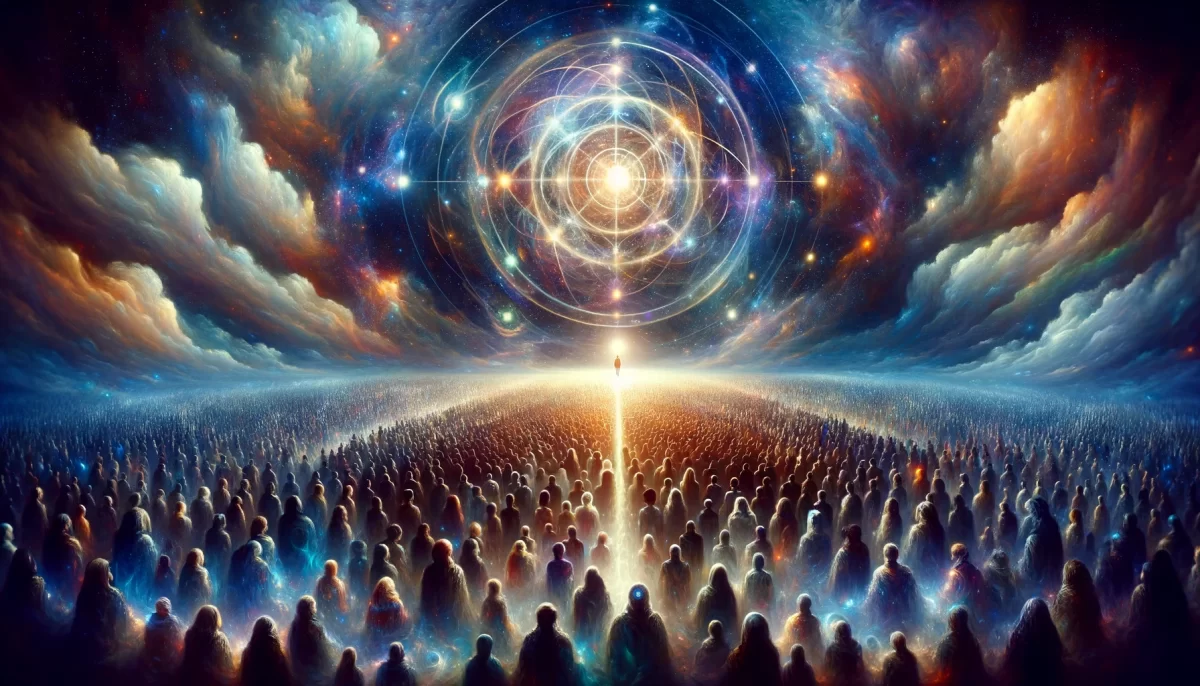
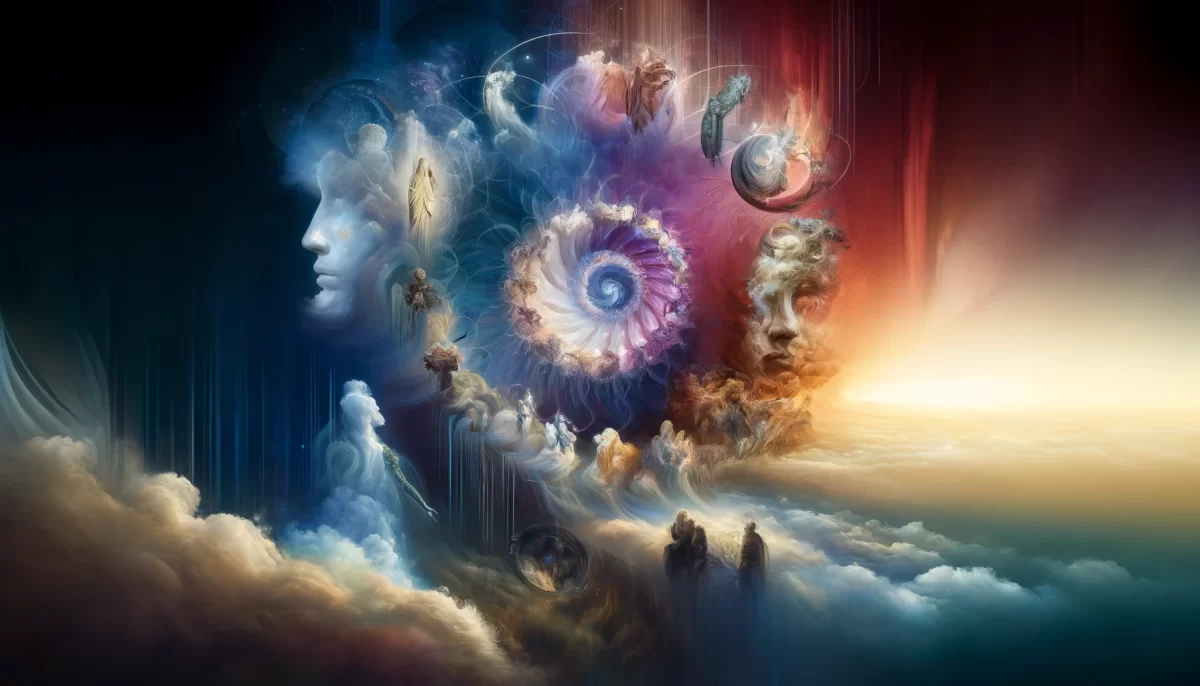
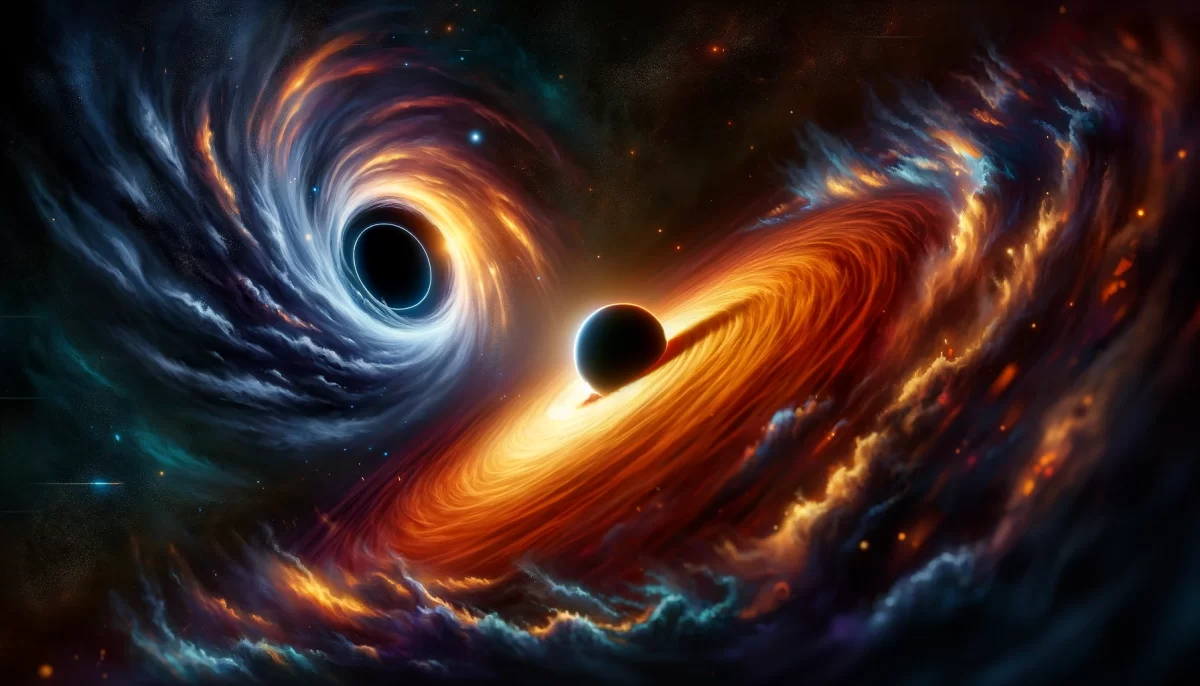
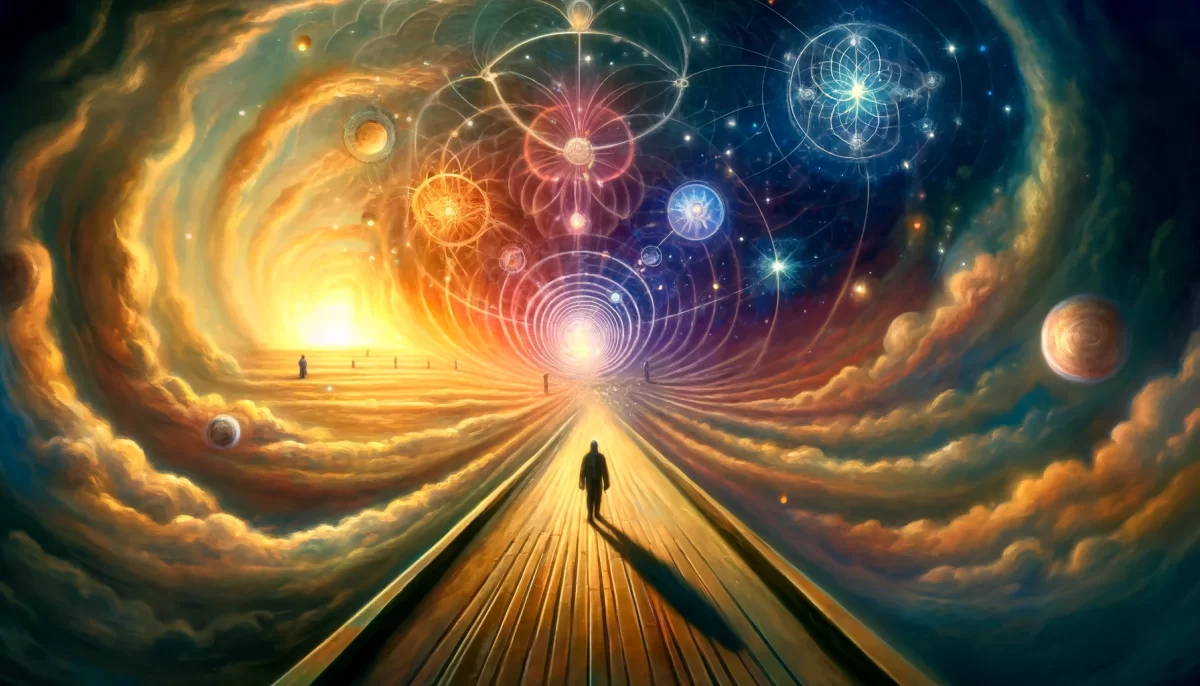
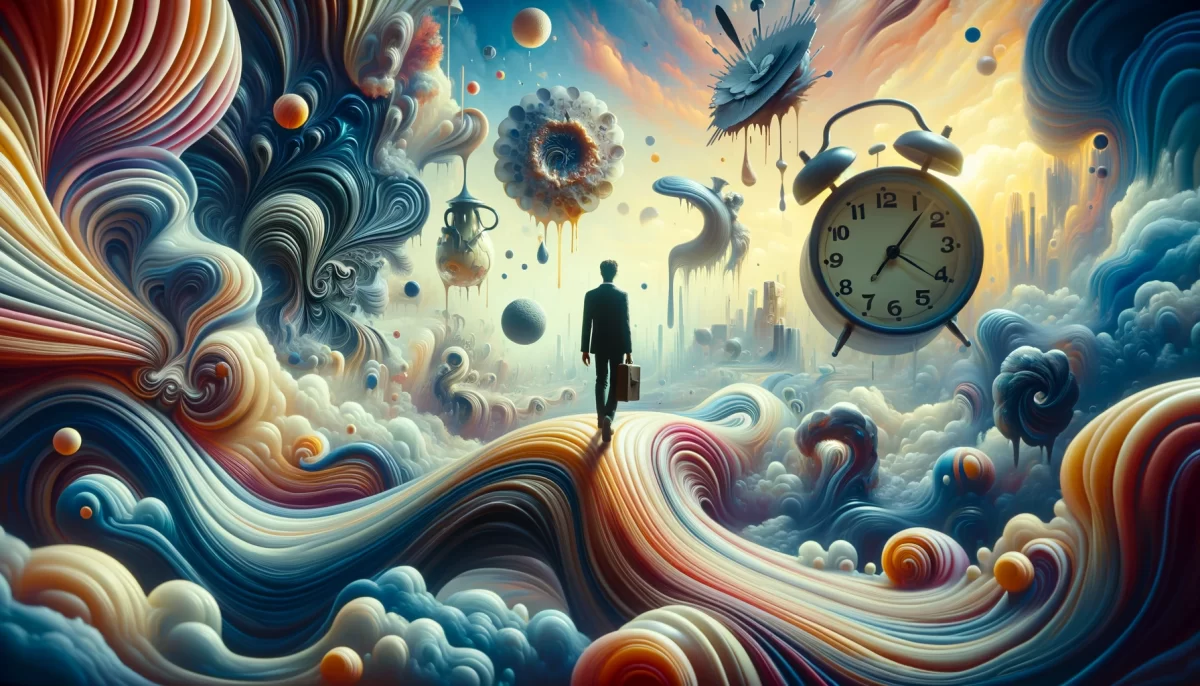
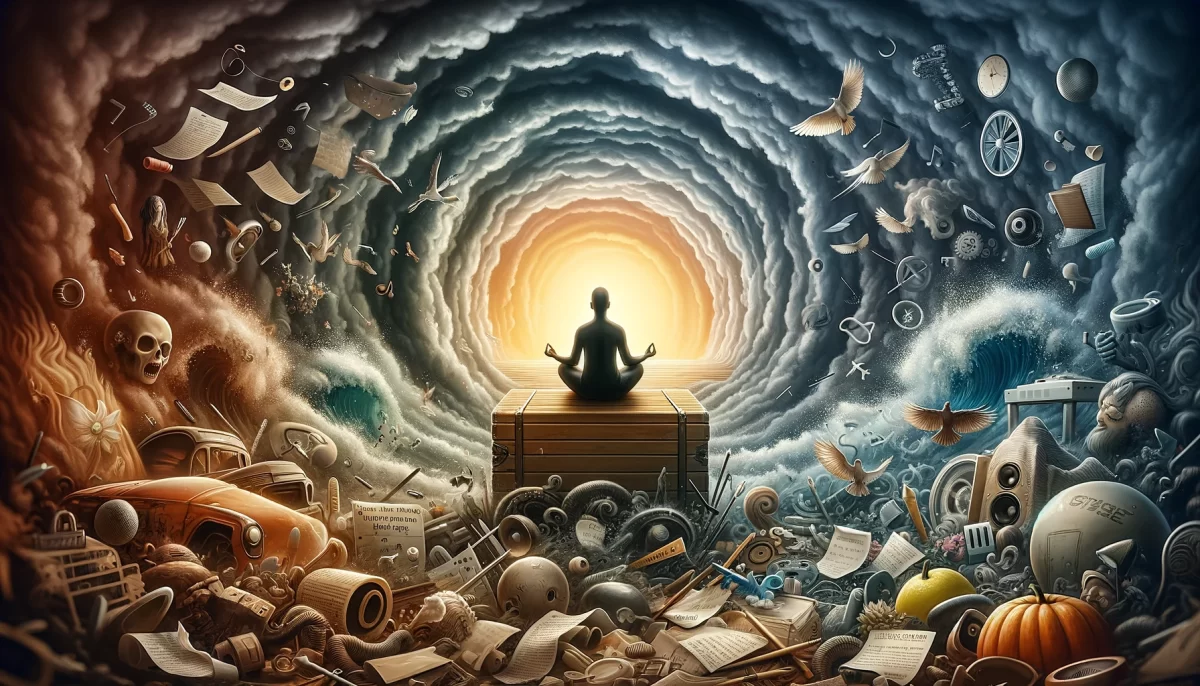

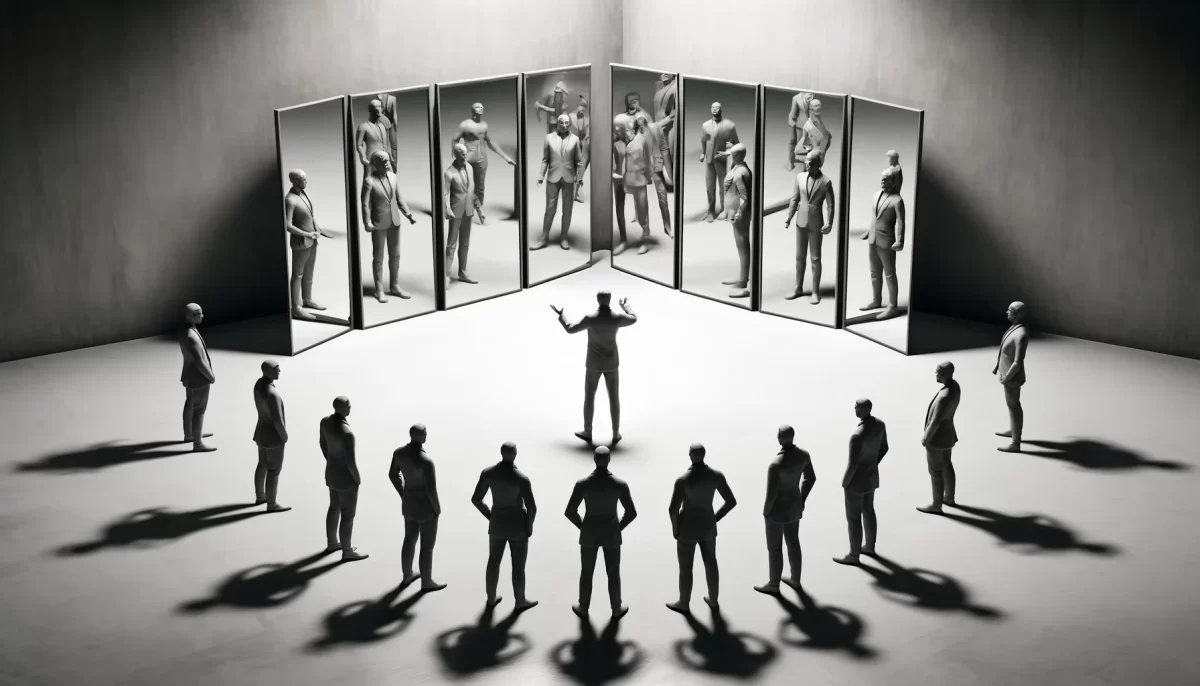
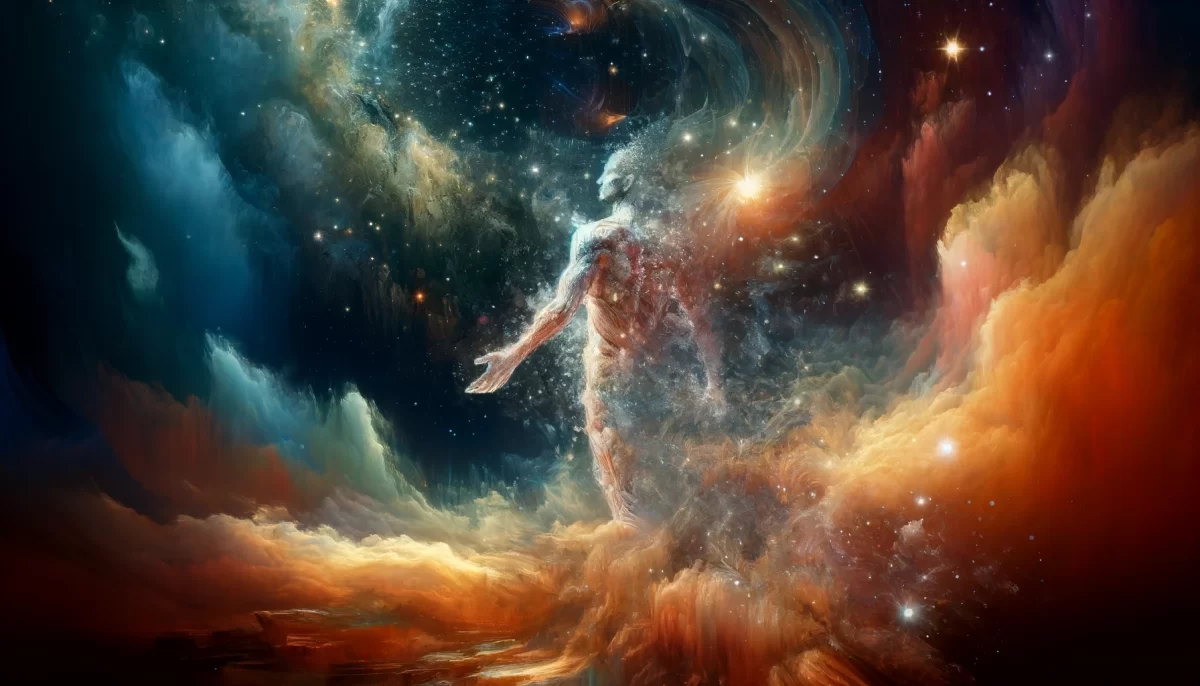
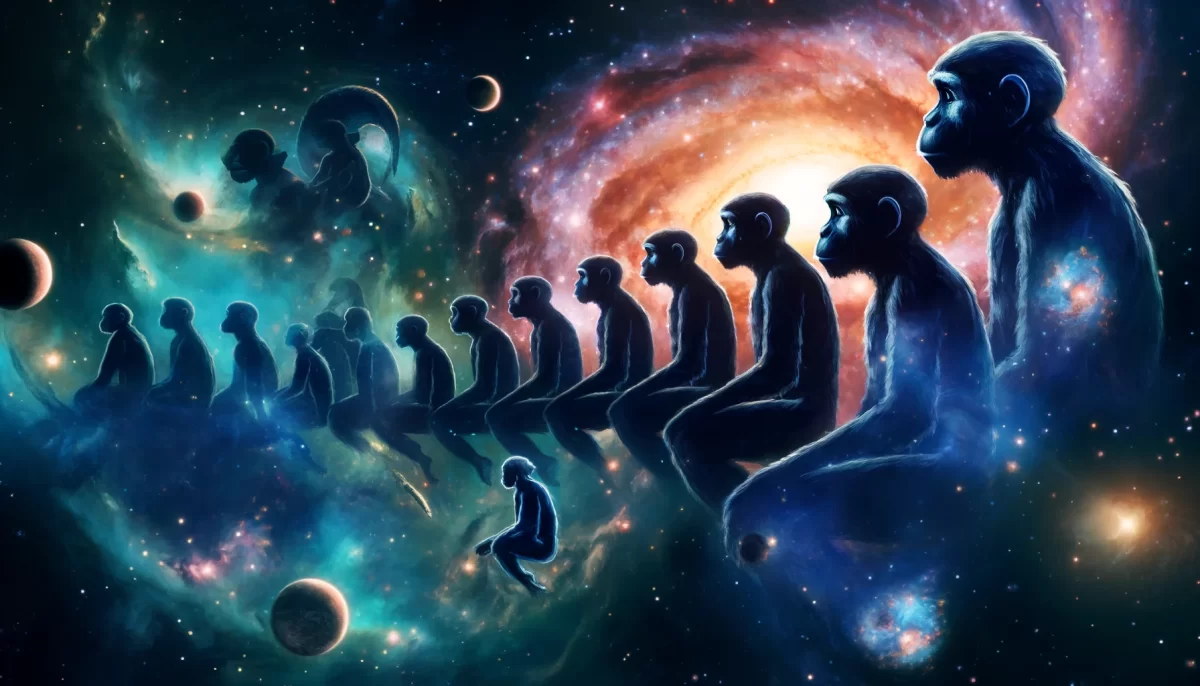
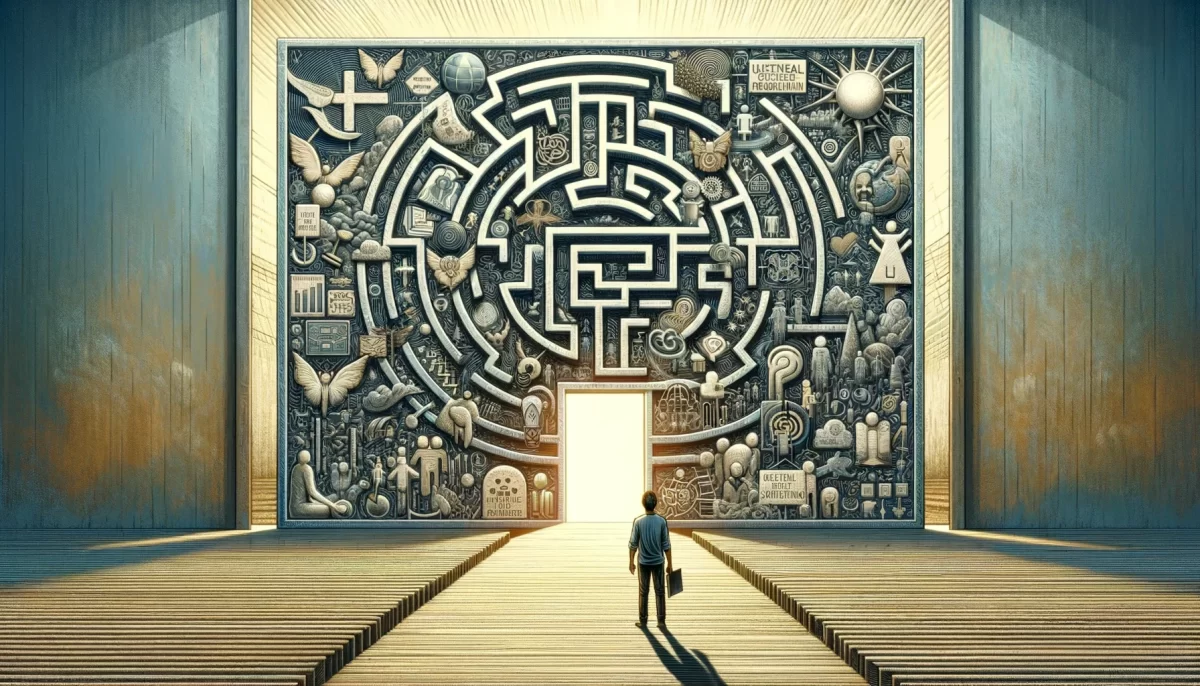

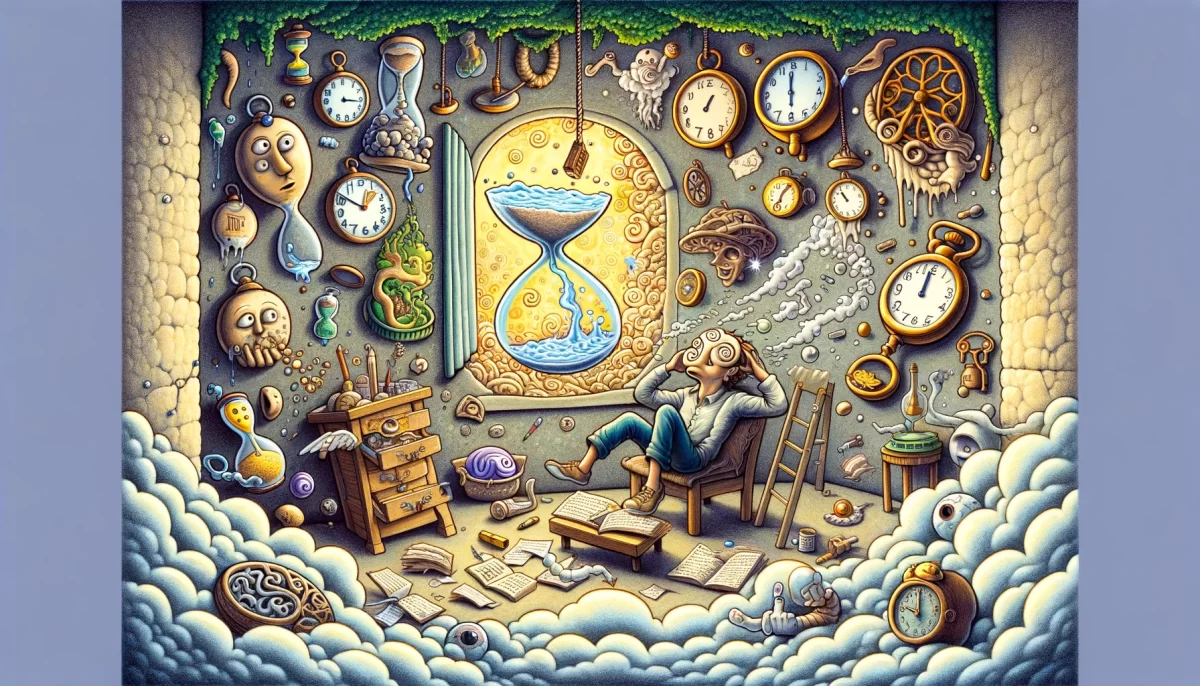

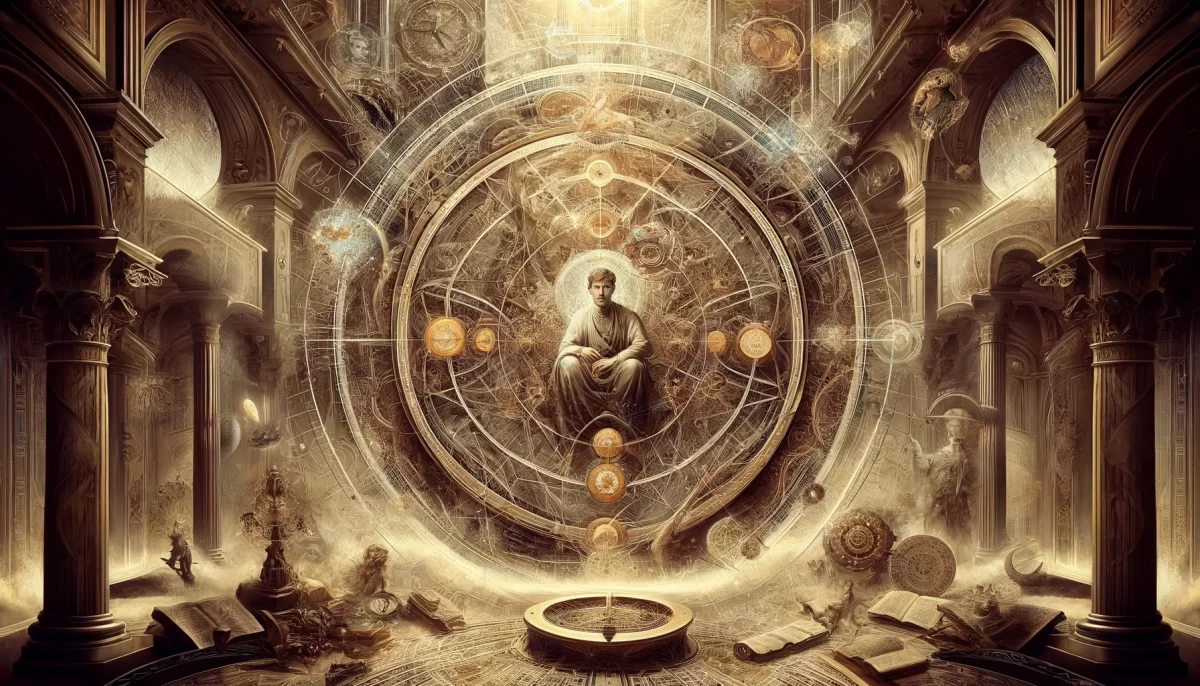
Leave a Reply